The Area
Dordogne, Lot et Garonne and Gironde. These areas lie in south-west France east of Bordeaux but within 1.5 to 2 hours' drive of the beaches of Les Landes, which are reached through attractive pine forests. This is not a region to appeal to those wanting busy holiday areas with all the razzamatazz of night clubs. Its great attractions lie in the beauty and peace of the countryside, the attractive valleys of the great rivers of the Dordogne and the Garonne and smaller rivers such as the Dronne.
The famous vineyards of the area are a joy to walk through and the fertile land is well-cultivated with many drops, the sunflowers being a special attraction. The area is also renowned for its excellent food and wine which can be enjoyed at the many good restaurants. Bergerac is the nearest main town and offers excellent shops and a wealth of history. Bordeaux, another ancient port famed for its wine trade, has the main airport for the area which is about 1.5 hours' drive from La Roquille and has regular flights to the UK taking around 1.5 hours to London. The Pyrenees are within four hours' drive for weekend visits.
In the 14th century, missiles would have been flung from the three pointed towers of the Valentré bridge, still standing in Cahors. Legacies of the era abound - domed fortified churches, more than a thousand castles, and new towns with arcaded squares called bastides built on the French and English front lines. Domme and Monpazier are the loveliest. The traditional rural architecture, in sun soaked limestone crowned with roofs of canal tiles or black stone is among the imaginative in France. Dovecots and dry stone shepherds' huts dot the landscape.
Activities
The rivers offer safe, clean beaches for swimming. Towns and large villages all have swimming pools or man-made lakes, tennis courts and boulodromes for a round of boules. River ports hire out canoes or kayaks, the most spectacular way to see the Dordogne.
Walking and riding trails wind through the woodlands, and new golf courses open every year. There are various festivals including on the first Sunday in July - La Félibrée folk festival held annually in a different village.
1. Signing the Agreement (Compris)
On finding a property you wish to purchase you will need to negotiate the terms, price and conditions of the sale with the owner.
The next step, once you are in agreement, is to sign the preliminary contract (Compromis de Vente). This is a legal document and after ten days will be binding on both parties. Rules change frequently in France and it is best to consult with your notary about when this period starts. Generally the compris will be signed in France with the Agent.
Variants can be included in the compris, for example an Acte (clause) can be added if the name or names to go on the title deed have not been finalised. If a mortgage will be required to purchase the property, the details for this, including the name of the mortgage company, must be on the compris.
2. Paying the Deposit
Generally the deposit will be 10% of the agreed purchase price. This will normally be paid to the notaire. There are exceptions to this, if the agent holds a carte professionelle, is bonded and fully registered then you may pay them, but do not hand over the deposit to anyone else. If for some reason the purchase does not go through, for example, if you write to the notaire and the agent that you do not wish to go continue with the purchase before the contract is binding (within seven days of signing the compris), then your deposit would be repaid. This would also apply if a condition had not been met, or the mayor or S.A.F.E.R. (a government agency that has the right of first purchase on most rural property that comes onto the market in France) could oblige the purchaser to give way. If you decide after the seven days 'cooling off' period that you do not wish to complete the purchase and pull out of the sale you would lose your deposit. If however the vendor pulls out of the sale then you will receive your deposit back plus the same amount from the vendor.
3. On Completion
Generally it will take around two or three months to complete the purchase.
During this time the balance of the purchase money must be paid into the account of the notaire, this must be done well ahead of the completion date. The notaire will prepare the documents, check that the deed of sale (Acte de Vente) is in order and have the legal title ready to be signed over. It is possible to have someone sign on your behalf if you give them power of attorney. An interpreter may be of use at this point if your French is not very good and many Notaires will suggest (or insist) that an interpreter is with you.
IMPORTANT - Disclaimer :
All information provided is believed to be current and provided free of charge. No liability can be accepted for the reliability of the information and statements made as this is obtained from 3rd parties. We always recommend you take legal advice from a fully qualified Lawyer or Notary before buying a property overseas.
Close
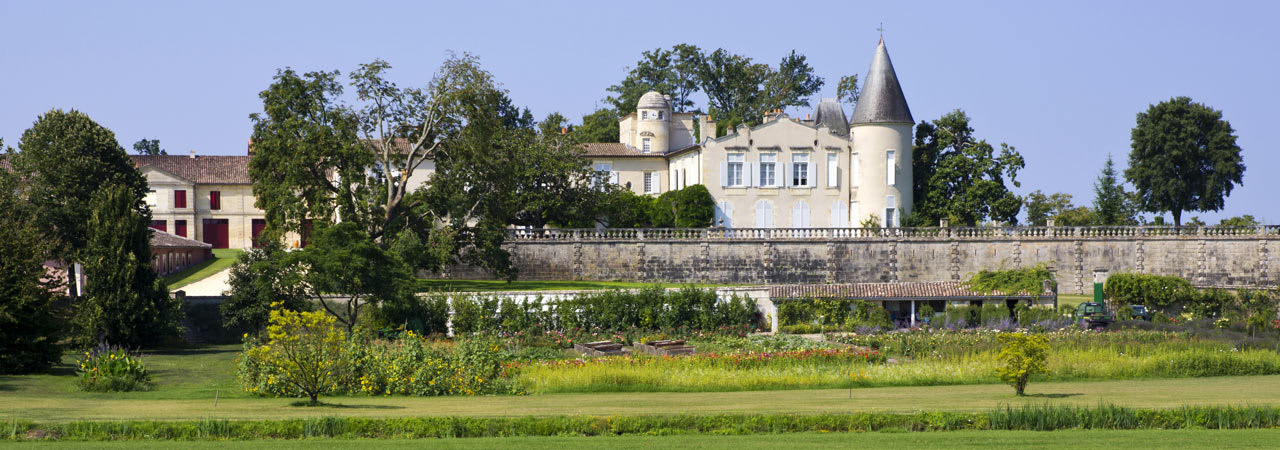




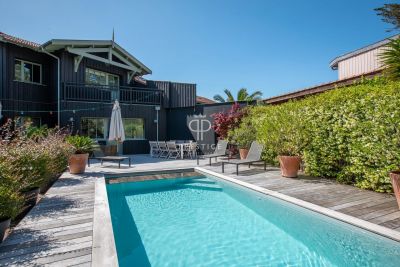
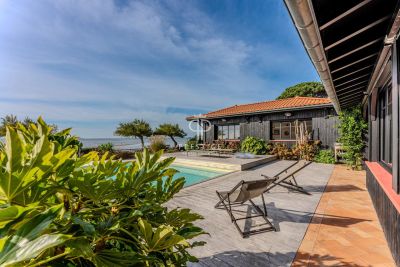
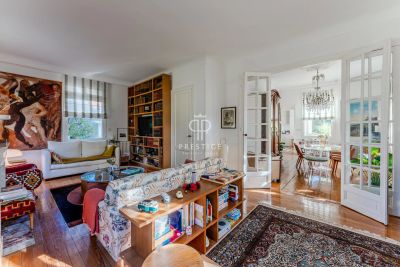


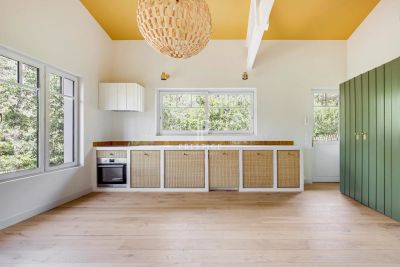
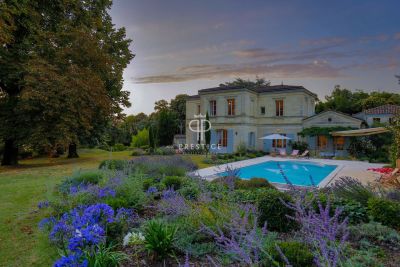
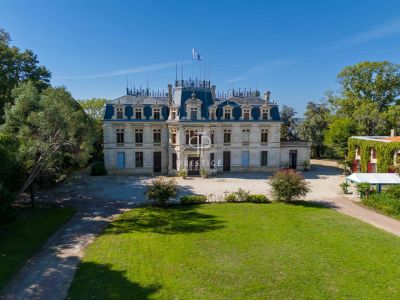
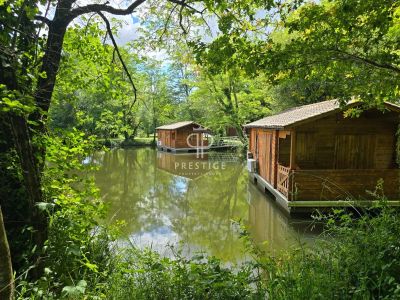




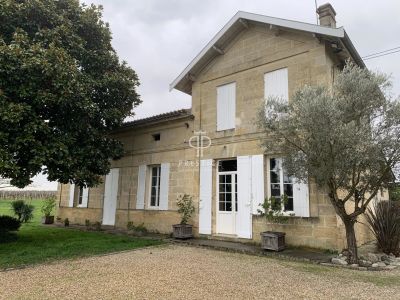
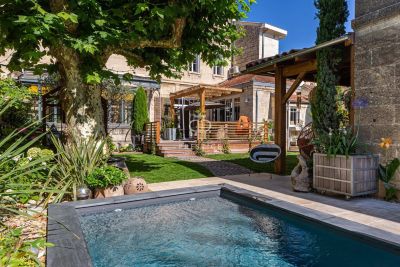


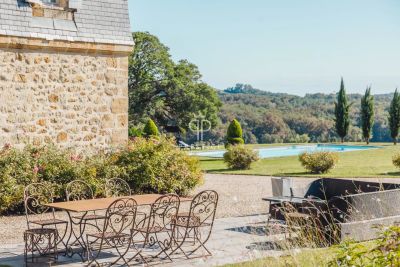

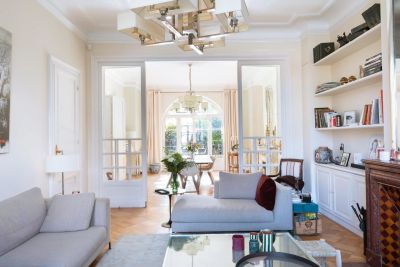
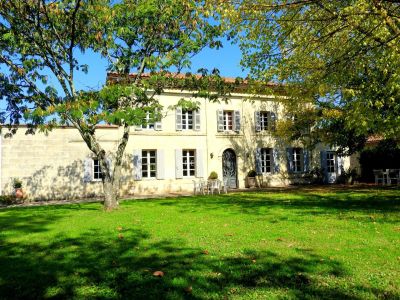
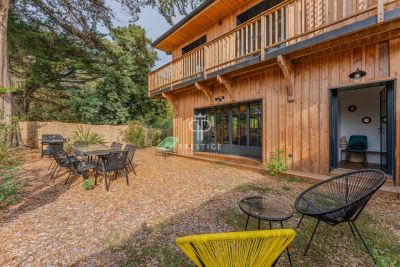




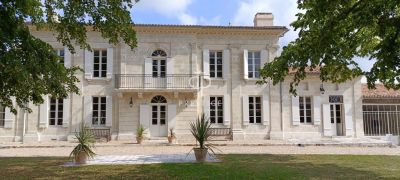
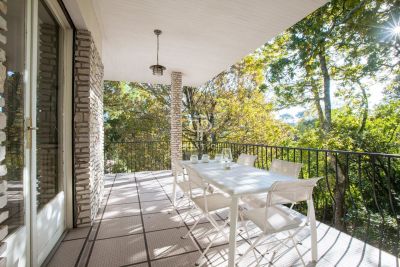
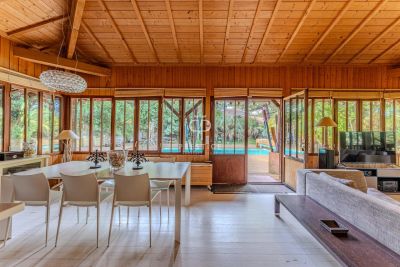
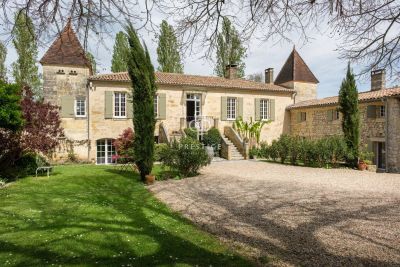
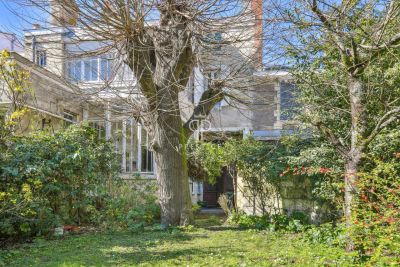
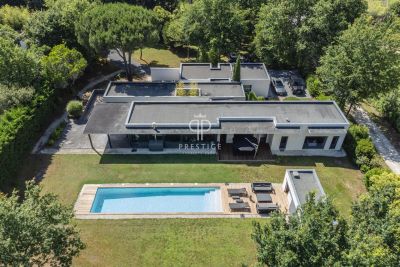
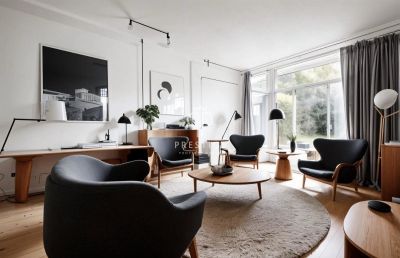

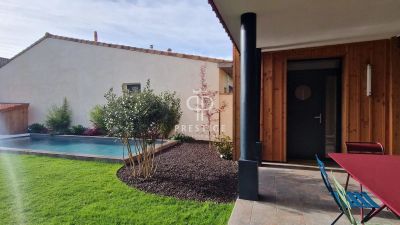
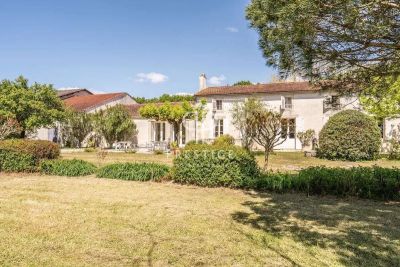
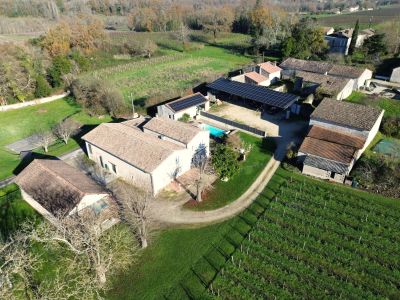
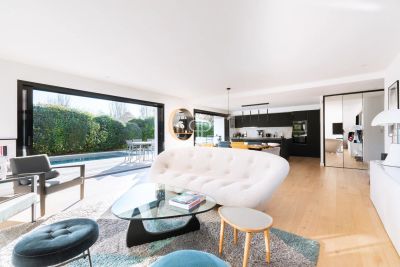
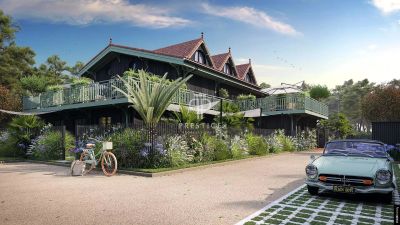
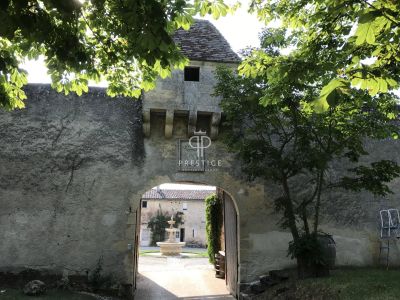


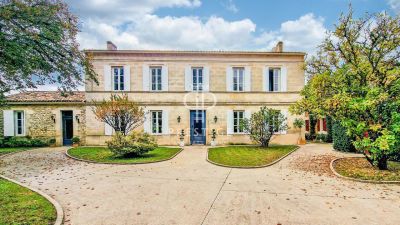
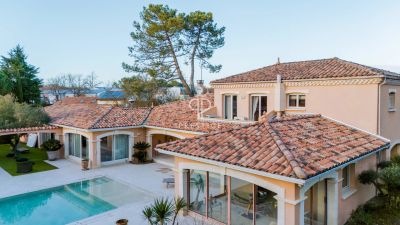
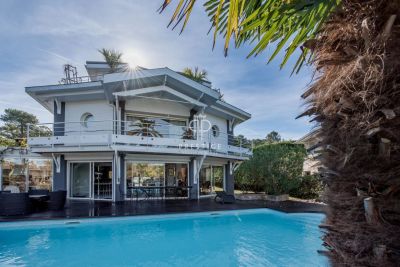


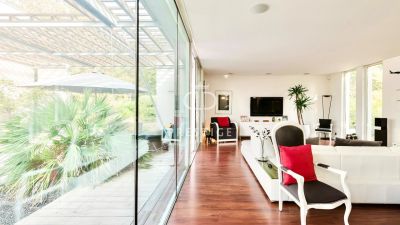

 Facebook
Facebook Twitter
Twitter Instagram
Instagram